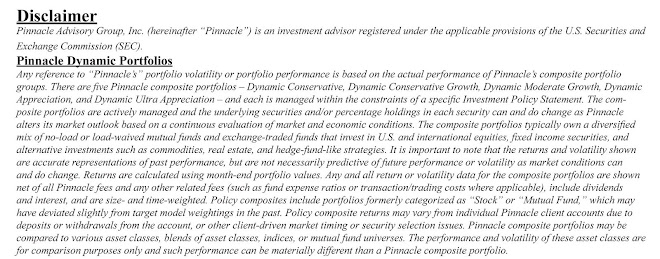Recently I found myself under deadline to complete an article that should be published in the May edition of Financial Planning Magazine. The article summarizes one of my favorite topics when speaking to audiences, which is to rebut what I consider to be the three main objections to active management. For the record, they are 1) you believe in the Nobel Prize winning theory supporting buy and hold investing, 2) you don’t believe active managers can outperform passive benchmarks, and 3) you think the active management business model is impractical. In the piece I refer to the confusion that reigns in and out of the industry regarding the roles of different kinds of investors. I routinely refer to the two camps as portfolio managers and money managers.
I define portfolio managers as the group of investors who can invest in any asset class with the only constraint being the investment policy of the investor. Portfolio managers are free to own any asset class. Portfolio managers do not have an easy to identify benchmark. On the other hand, money managers are typically constrained by prospectus to invest in only one asset class and one investment style. We know them as mutual fund managers, separate account managers, or nowadays, even hedge fund managers. Money managers specialize in investing in only one asset class, and they typically manage portfolios that own individual securities, rather than pooled investments, in pursuit of beating their easy to identify passive benchmark.
Rick Vollaro, my partner and co-portfolio manager helped to edit my article, and suggested that using the terms portfolio manager and money manager only adds to the confusion. He suggested the term asset allocators instead of portfolio managers. The more I think of it the more I think that Rick’s idea has merit. In fact, any investor who is free to own multiple asset classes without constraint is an asset allocator. The term easily differentiates us from money managers, who are not free to use asset allocation. From now on I think we should compare the roles of asset allocators and money managers. The same conclusion will be reached, which is that the public and the industry is completely confused about the roles that these investors play. The choice of whether you hire “active” versus “passive” money managers has nothing to do with the decision to actively manage your asset allocation. If you don’t manage a mutual fund or a separate account, in all probability you are an asset allocator.

